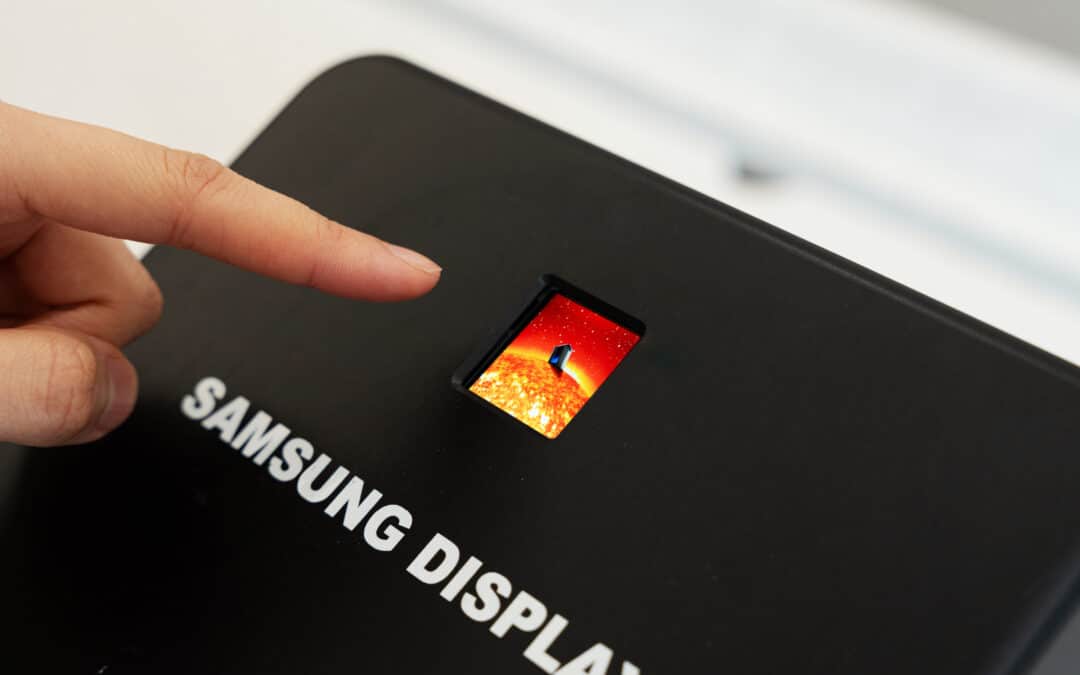Amid Samsung’s foundry struggles, its arch-rival TSMC has announced plans to invest at least $100 billion to expand chip manufacturing in the US. The world’s largest semiconductor foundry will build two new chip factories in Phoenix, Arizona. US President Donald Trump revealed the plans during a press conference on Monday.
TSMC’s total US chip investment reaches $165 billion
It is worth mentioning that TSMC’s $100 billion investment comes on top of the original $65 billion it committed earlier. “Building on the company’s ongoing $65 billion investment in its advanced semiconductor manufacturing operations in Phoenix, Arizona, TSMC’s total investment in the U.S. is expected to reach US$165 billion,” an official press release notes.
“The expansion includes plans for three new fabrication plants, two advanced packaging facilities and a major R&D team center, solidifying this project as the largest single foreign direct investment in U.S. history.”
While TSMC is in the news for its massive investment, Samsung, another semiconductor giant, is also expanding its US presence. The Korean firm recently secured $6.4 billion in direct funding as part of the CHIPS and Science Act. In the coming years, Samsung could invest more than $40 billion in the region. It will be one of the biggest foreign direct investments for a greenfield project in the United States’ history.
Donald Trump’s “America First” policy encourages companies like TSMC and Samsung to invest in the US as the nation sets out to become a major hub for advanced chip manufacturing. Last month, President Trump issued the “America First Investment Policy” National Security Presidential Memorandum (“NSPM”) that explains the Administration’s strategy for foreign investment in the US. The policy highlights an open foreign investment environment.
In related news, Nvidia is reportedly in talks with Samsung for the production of its next generation gaming GPUs. Avid SammyGuru readers know that Samsung is facing low yield rates for its Exynos processors. This even affected the mass production of the Exynos 2500, which could not be implemented on the Galaxy S25. The chip could now feature in one of the upcoming foldable devices.






